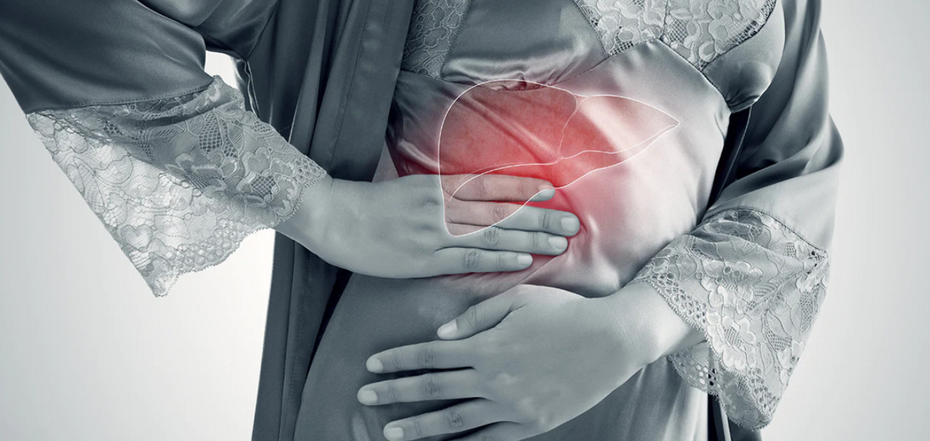Life
How to restore liver health after antibiotic treatment
The liver is a very delicate organ responsible not only for neutralizing all toxins entering the body but also for getting rid of decay products after the use of drugs. Most often, drug-induced liver damage is asymptomatic. But this does not mean that such an important organ does not need help. After treatment of complications of acute respiratory viral infections (including influenza and COVID-19) with antibiotics, the liver needs special protection.
More than 1,000 different medications can cause medicinal damage to the liver. Popular drugs like nonsteroidal anti-inflammatory drugs (paracetamol, ibuprofen) and antibiotics damage this organ most often. For example, antibacterial drugs lead to 45% of all cases of drug-induced liver damage.
Nonsteroidal anti-inflammatory drugs are most commonly taken during treatment for the flu and COVID-19 to reduce symptoms such as fever, intoxication, body pain and headache. Also, if complications (bacterial infection) occur, the doctor may prescribe antibiotics. All of these medications have many contraindications and adversely affect the health of the liver.
Symptoms of drug-induced liver damage
Although such a condition often has no manifestations, complications from taking medication manifest themselves through symptoms such as:
- Jaundice, itching;
- Weakness;
- Nausea, abdominal pain;
- Darkening of feces and urine;
- Pain in the right subcostal area.
These symptoms may develop within 3-6 months after taking the medication. The situation is aggravated by the fact that patients continue to take medications during the period of post-coital syndrome. First of all, these are non-steroidal anti-inflammatory drugs, used to improve the nervous and cardiovascular systems. All of them can cause liver damage, which will eventually lead to chronic disease of this organ.
How can I prevent liver damage?
Drug-induced liver damage is difficult to diagnose because it can mimic any acute or chronic disease of the hepatobiliary system (consisting of the liver, gallbladder and bile ducts). For example, antibacterial drugs affect the organs in different ways: they damage liver cell membranes, disrupt bile flow, make immune cells attack the liver.
Your doctor should take liver tests to determine the type of liver damage and the appropriate treatment. If the drug causing the lesion is eliminated, the prognosis for recovery is favorable in 90% of cases.
Therefore, if treatment of respiratory infections, including COVID-19 or influenza involves taking drugs that can damage the liver, you should simultaneously take products to protect and enhance the detoxification properties of the liver. One of these is Vitargin, which has hepatoprotective and detoxifying effects on the body.
Vitargin provides support for the liver, namely:
- participates in the biosynthesis of protein, promotes the excretion of end products of its breakdown;
- normalizes microcirculation in the liver, saturates it with oxygen;
- improves intracellular metabolism in hepatocytes (liver cells), promotes their regeneration;
- reduces the formation of free radicals harmful to the liver cells.
In addition, the L-arginine amino acid, which is part of Vitargin, is an important component in the biosynthesis of nitric oxide, which regulates blood pressure. Betaine decreases the fatty degeneration of the liver and has anti-fibrotic and anti-inflammatory effects, preventing the progression of atherosclerosis.
Citrate ions contained in Vitargin contribute to the process of digestion with hyperacidity and eliminate dyspeptic symptoms that may occur during the disease (nausea, a feeling of heaviness in the stomach and flatulence). The remedy can be used to improve liver function for 3-4 weeks.



























